The repeated electoral defeats suffered by the Hungarian Left have proved that they have no political substance beyond cliches, and their representatives have completely blended into the superficial opposition field. Their politicians have proven this many times, just think of the contribution they make in parliament, and their lack of competence would be most evident in debate situations, which is why they do not undertake debates, Bank Levente Boros, political analysis director at the Nezopont Institute, told Magyar Nemzet in the context that the leader of the Tisza Party, Peter Magyar, will not allow his newly elected colleagues to participate in debates at the Tranzit Festival, Hungary's largest get-together with a focus on political and public life.
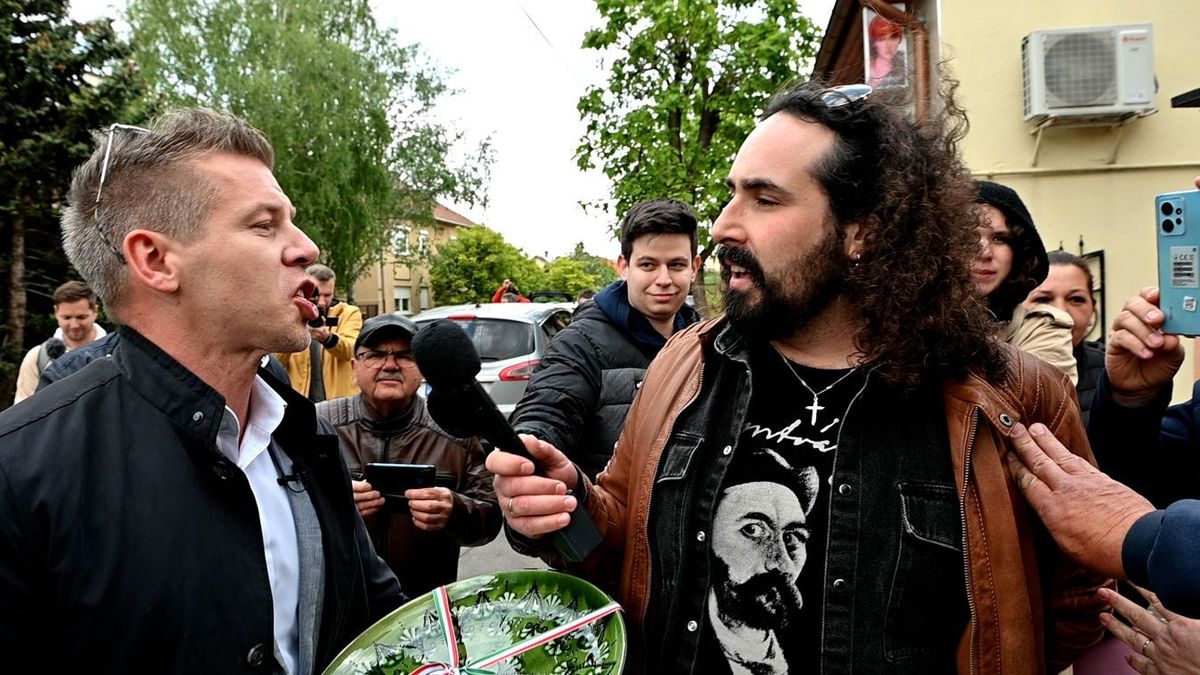
Peter Magyar has repeatedly complained that he is not invited to studios or that no media interview is done with him, but when he received a relevant question, for example, about the brawl at a disco, he backed down or accused the interviewer of propaganda. Another memorable incident was when he accused ATV of not inviting him to the studio, but when he was told live how many times he had been invited, but he never showed up, Peter Magyar stood up and stormed out of the studio in huff.
However, Peter Magyar is not the only opposition politician who complains about the lack of opportunities to appear on public media and then chickens out.
In an earlier statement, public media disclosed that from the parliamentary elections held on April 3 2022 until April 2 2023, they had repeatedly contacted and invited parliamentary and non-parliamentary opposition parties, former leftist prime ministers or party leaders. During this period, a total of 6764 invitations to their shows were sent, out of which a total of 161 invitations were accepted and 6603 were declined.
Impact of Peter Magyar's botched public appearances in the past
Peter Magyar fits into this left-wing pattern, but his and his party's situation is also fraught with additional problems. On the one hand, his personality - his inability to accept criticism and opinions differing from his - leaves a mark on his statements, and his one-way, overassertive communication style determines his public utterances or the lack of discourse, including debates.
As a result of the former, he will only accept interview situations where he will not be asked uncomfortable questions.
The latter practically excludes the possibility of participating in meaningful debate, since such a situation presupposes a confrontation of arguments, and not only the repetition of one's own presumed truth, the director pointed out. Peter Magyar may also be discouraged from participating in situations he is not comfortable with by his previous performances that went wrong, as the only debate situation - the public media election debate show - where he could have proved his worth, he failed badly, Bank Levente Boros opined. In his view, Peter Magyar's party is also struggling with institutional problems,
since the party's representatives, known to the public, were practically recruited through street casting, and they have received no training in politics or gained experience in this area.
"Possible public statements by these actors, and in particular their participation in a debate situation that implies spontaneity, could lead to unpleasant results similar to those of the party president, causing a loss of popularity," Bank Levente Boros said, pointing out that in addition to human resource deficiencies, the lack of a clear and consistent message from the Tisza Party makes the party's politicians unfit for debate.
Even the party president himself has contradicted himself multiple times regarding his own ideology or political plans, he noted.
Peter Magyar's subordinates as politicians would be embarrassed if they had to face trained journalists or professional politicians, so they simply hide or back off from such delicate situations in a manner unworthy of a politician.
Cover photo: Peter Magyar, president of the Tisza Party (Photo: Arpad Kurucz)
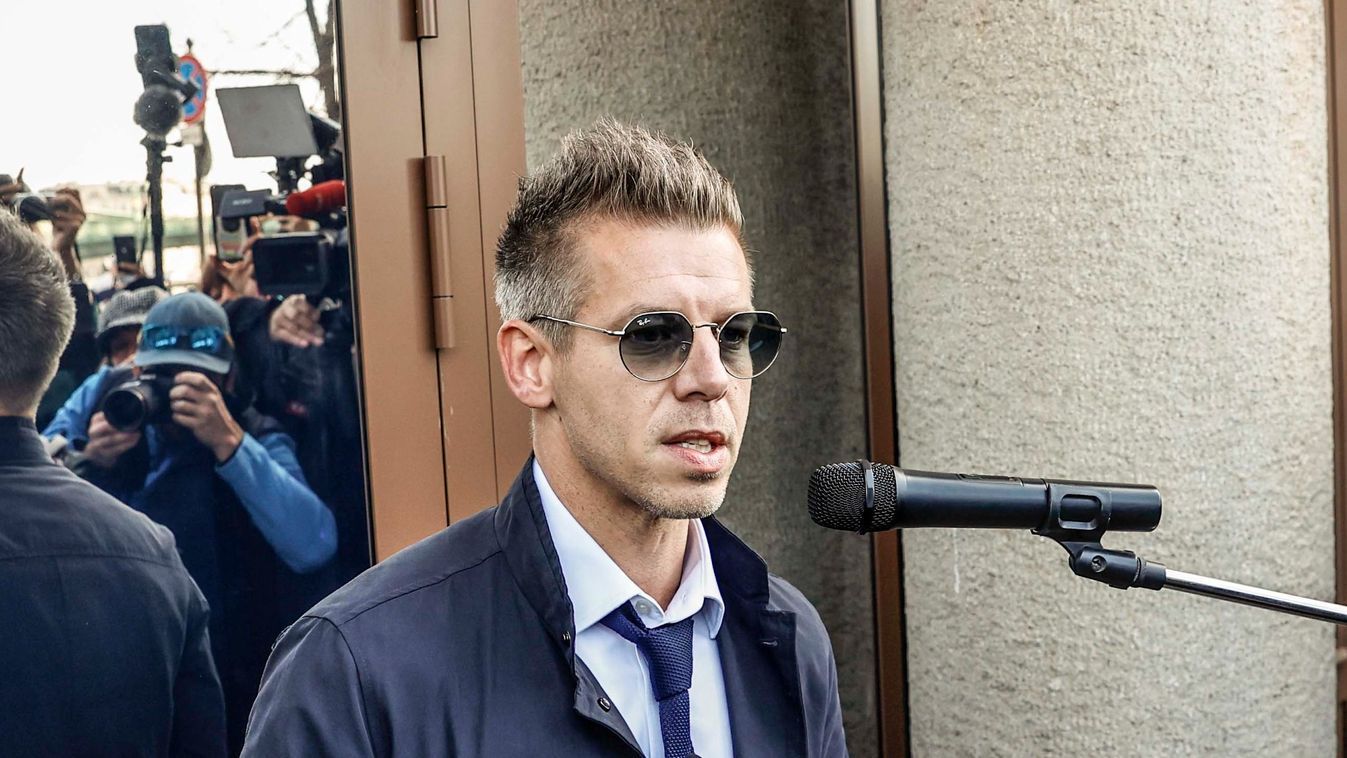
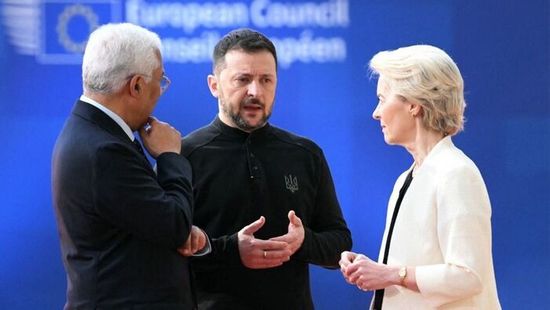
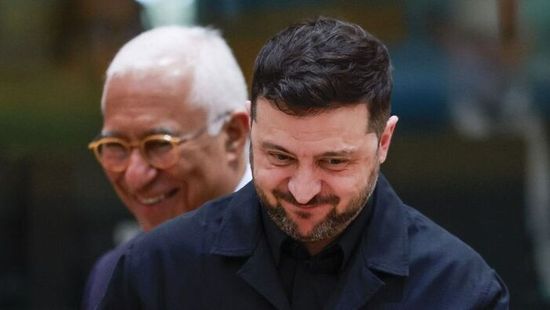
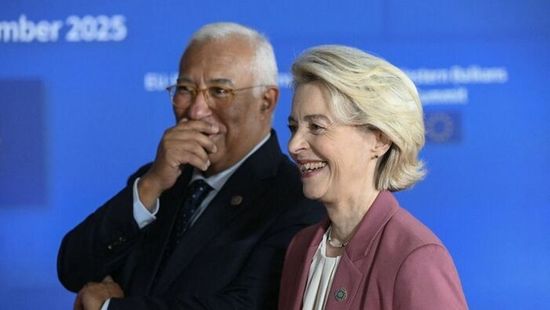
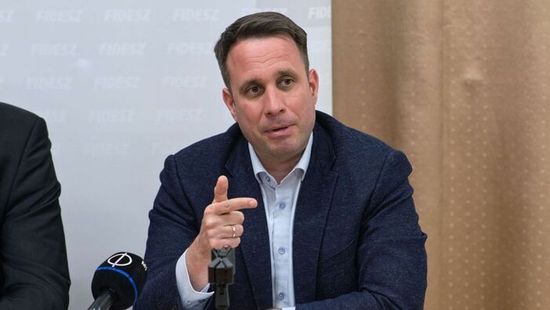

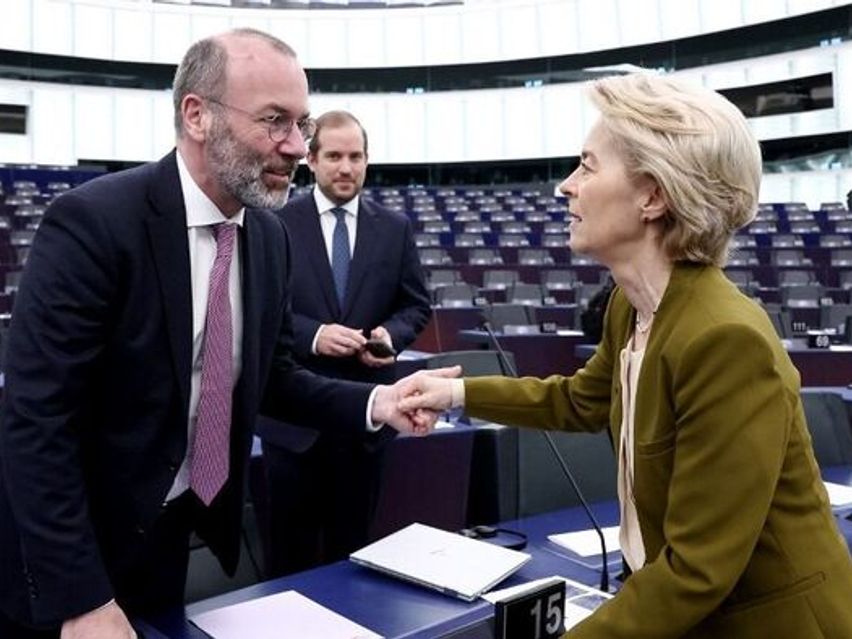
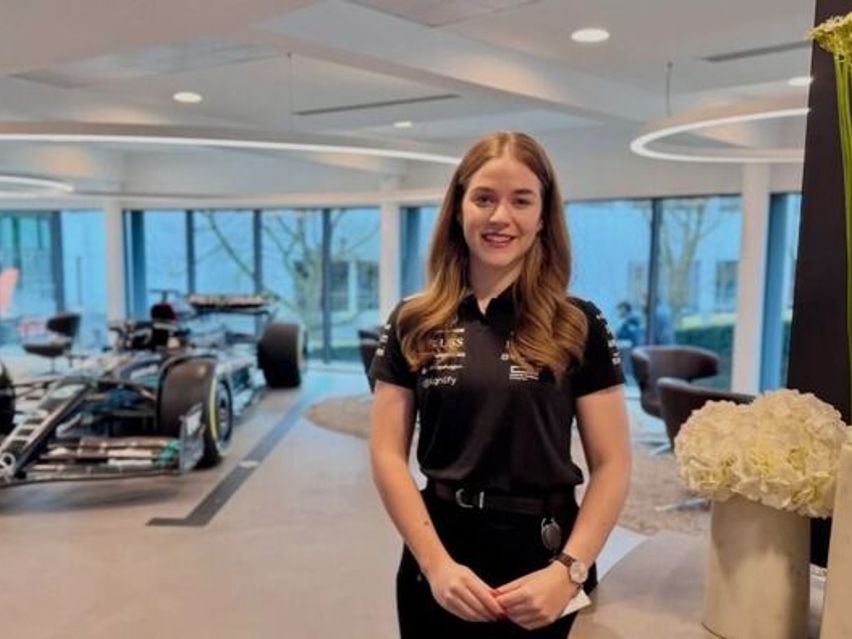
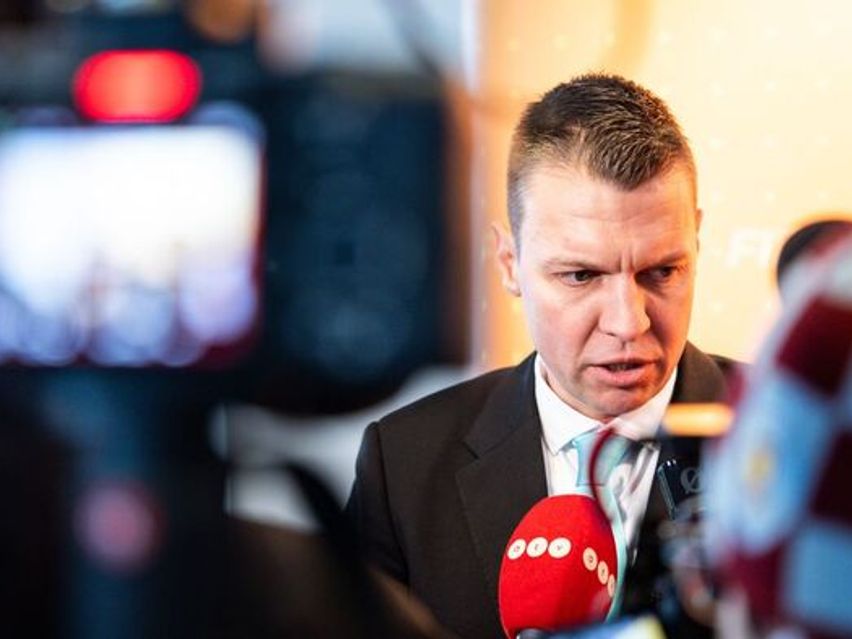
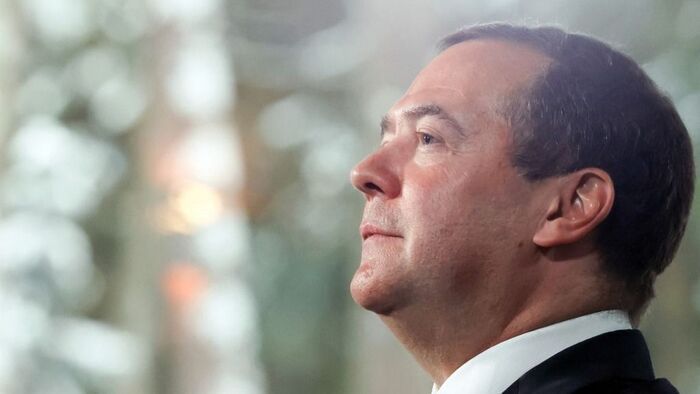

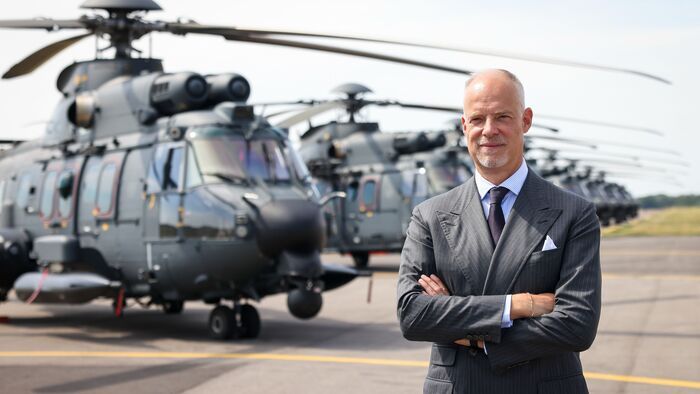
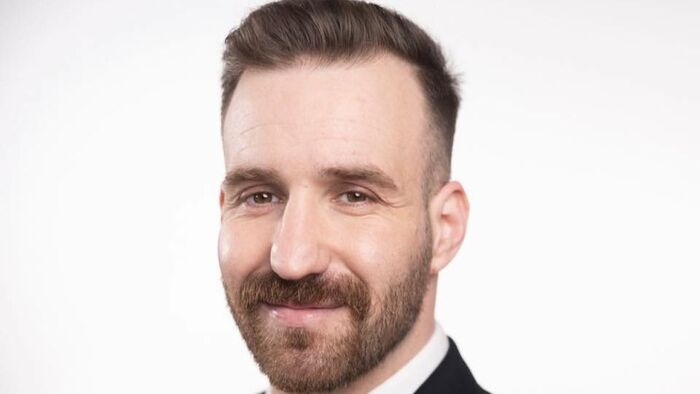

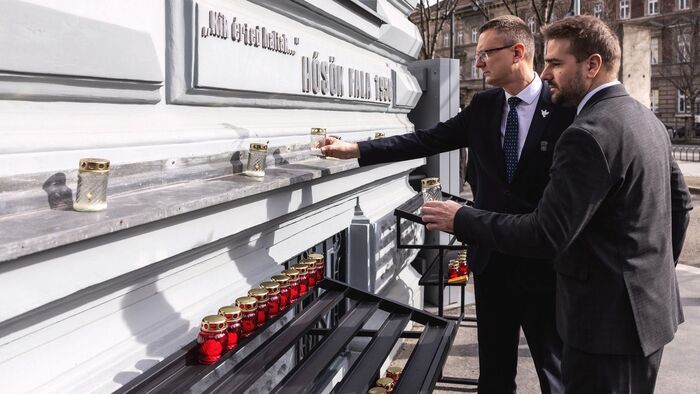
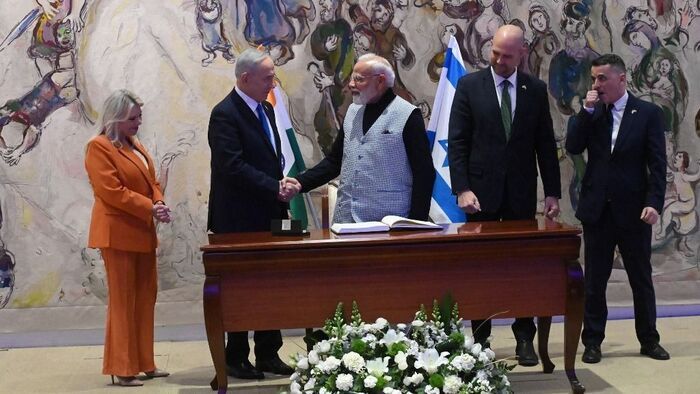
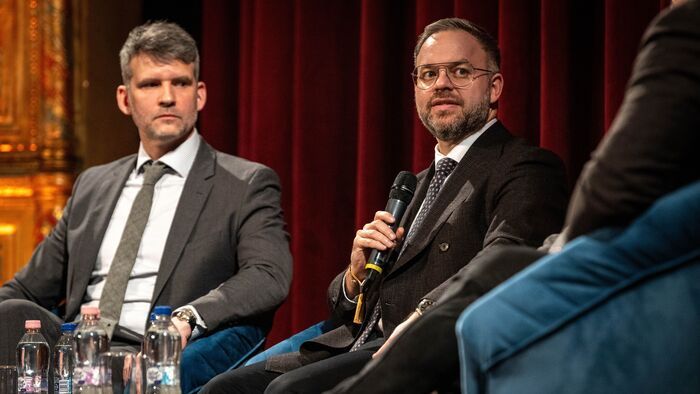
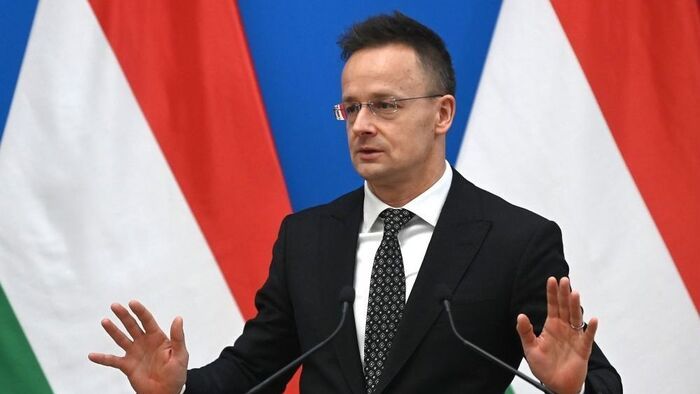

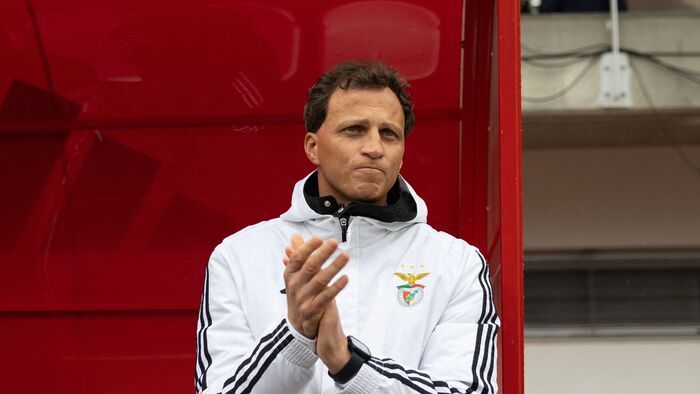
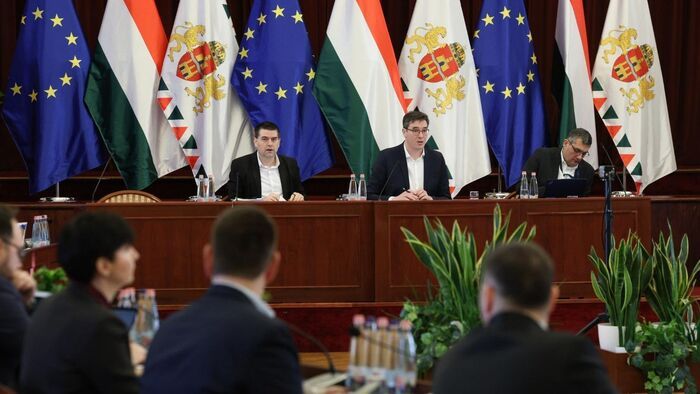
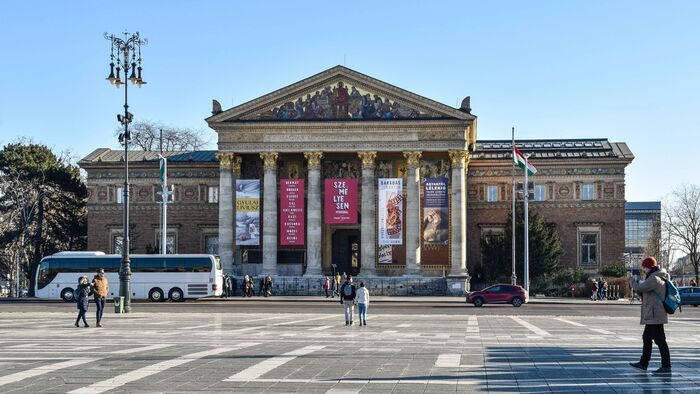

Szóljon hozzá!
Jelenleg csak a hozzászólások egy kis részét látja. Hozzászóláshoz és a további kommentek megtekintéséhez lépjen be, vagy regisztráljon!